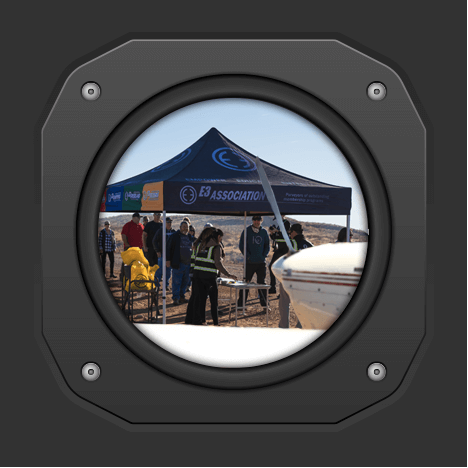
Experience the thrill of aviation with our FREE 10 Video Master Course,
complete with additional exclusive bonuses!
AIRCRAFT BUYING AND SELLING:
INSIDER SECRETS
Unlock the Mysteries of Aircraft Trading with this FREE 10 VIDEO MASTER COURSE
Immerse yourself in the craft of aircraft buying and selling, taught by industry veterans. Make your journey seamless and profitable. You won't find this FREE information anywhere else, except here at E3 Aviation Association!
Don't wait – harness the power of insider knowledge today!
Don't miss out on this opportunity to master the art of buying and selling aircraft!
Sign up for our free 10 Video Mastery Course and take the first step towards a lucrative and fulfilling career in the aviation industry.
- Post-epidemicMarket Dynamics: Understand the implications of a sellers' market post-COVID, where aircraft availability has declined drastically from 19% to a mere 3%.
- Needs Assessment and Recommendations: Learn how to define the purpose and usage of the aircraft, which will help inform the most suitable recommendation for your needs.
- Avoiding Pitfalls: Benefit from practical tips and tricks to avoid common mistakes during aircraft buying or selling, potentially saving you from severe buyer's or seller's remorse.
- From Military to General Aviation: Gain a unique perspective from an F-16 fighter pilot transitioning back into general aviation and sharing his learning experience.
Interactive Learning: Be part of a dynamic discussion on buying and selling aircraft, guiding you through the process, and helping you make informed decisions.
Buying & Selling Aircraft
Course Material
Lesson #1 - "Introduction"
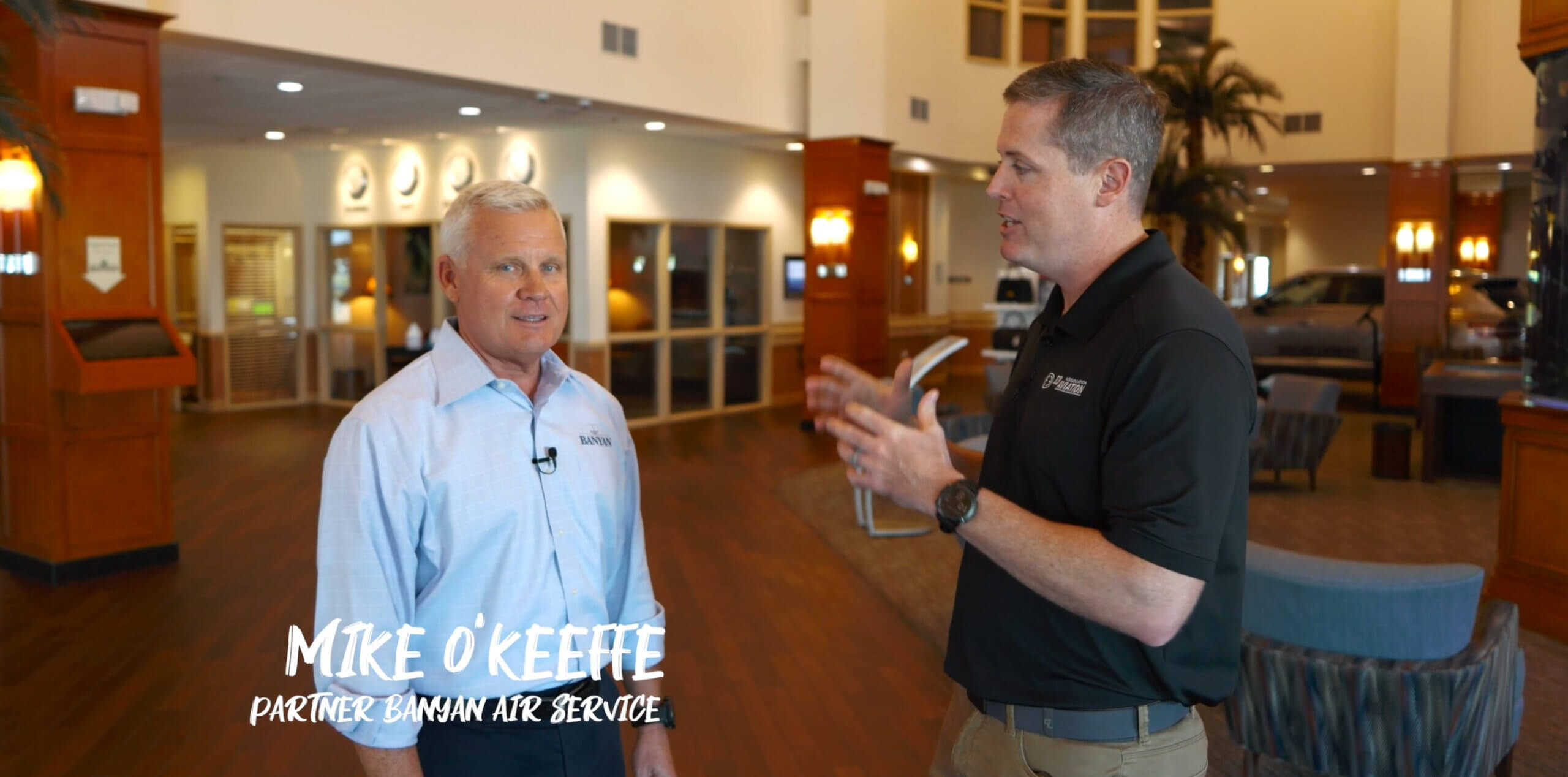
In this engaging video lesson, aviation industry expert Michael Keefe shares his vast experience in buying and selling aircraft. With over 27 years in the field and 500 aircraft sold, Michael's insights are highly valuable. The lesson begins by highlighting the current market conditions, where the demand for aircraft has surged, resulting in a decline in available options. Michael emphasizes the importance of conducting a needs assessment to determine the ideal aircraft recommendation based on factors like frequency of use and destinations. He also addresses the common pitfalls in aircraft transactions, offering helpful tips and tricks to avoid them. Whether you're a seasoned buyer or new to the aviation industry, this lesson is a must-watch, providing invaluable knowledge to navigate the complex world of aircraft purchasing and sales.
Lesson #2 - "Needs Assessment"
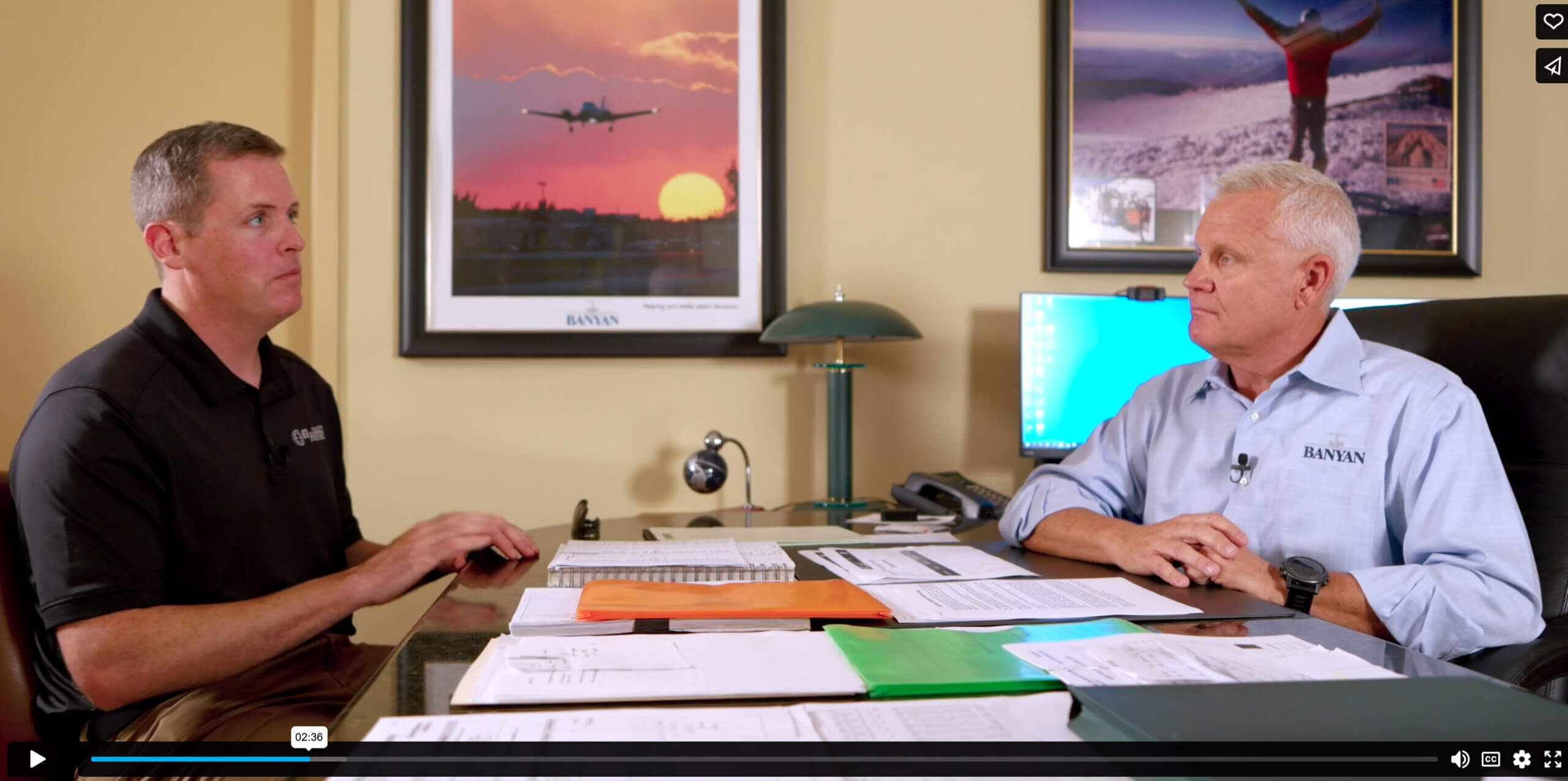
This lesson imparts crucial knowledge on the key considerations when acquiring an aircraft. In this lesson, experts Mike and John emphasize the importance of understanding individual needs and setting a realistic budget. Whether purchasing a small single-engine piston aircraft or a larger multi-engine jet, the first step is to identify the intended use of the aircraft, such as personal transportation, acrobatic practice, or skill maintenance. The lesson highlights the significance of budgeting, helping prospective buyers assess their affordability. Furthermore, it advises buyers to define their "mission" or primary purpose, taking into account factors like passenger capacity and fuel efficiency. By avoiding common pitfalls and making informed decisions, buyers can ensure their aircraft aligns with their specific requirements.
Lesson #3 - "Purchase / Sale Agreement"
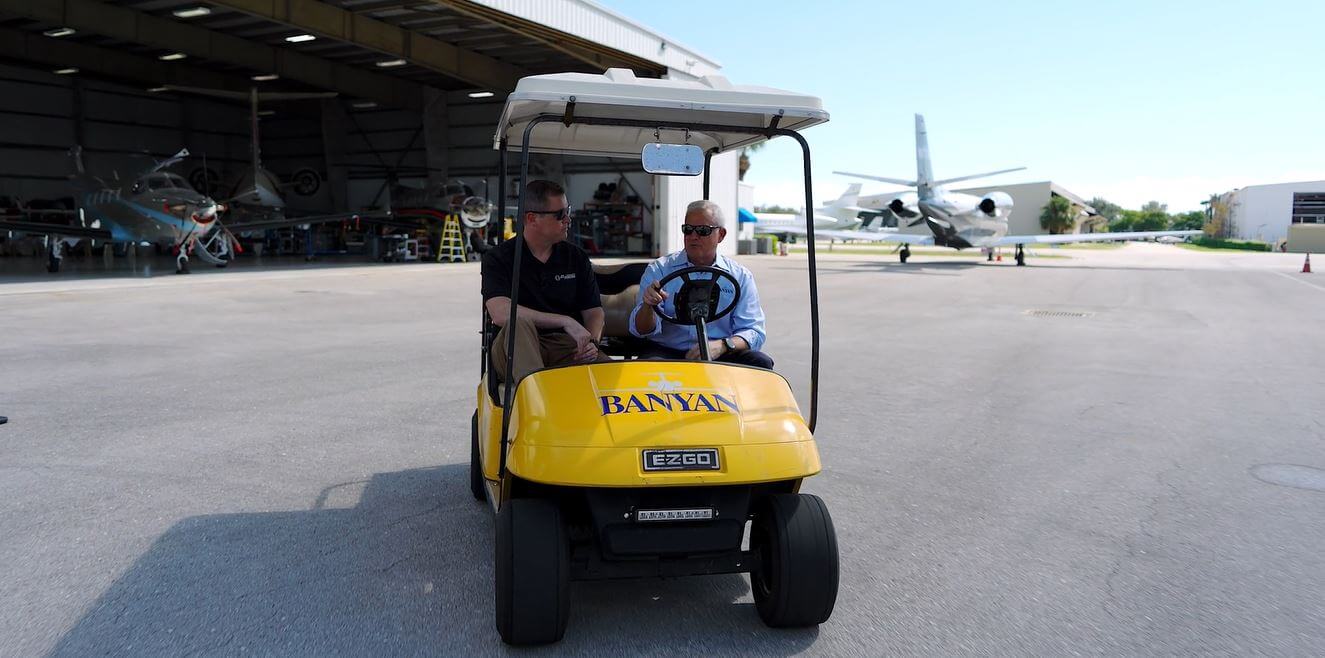
In this video, we discuss the importance of the purchase and sale agreement, the completion of a pre-buy inspection and the upcoming purchase of sale agreement, which is done before the aircraft is brought into the survey. We highlight the need to determine responsibility for maintenance costs and that the seller must approve any maintenance to be done, since it will be at their expense. We emphasize the importance of the financial aspect of the transaction and offer tips for navigating this space.
Additionally, you learn about the risks involved in the process, such as the seller deciding not to do the required maintenance or even backing out of the deal altogether. The investment of time and money in performing the pre-purchase inspection and how it's stated in the agreements. The seller would reimburse buyers for any out-of-pocket costs incurred. The video also touches on the use of an escrow agent and a refundable deposit as part of the negotiation process, allowing the purchasing party to have a cure period to evaluate the aircraft and decide whether to move forward with the deal based on the discrepancy list provided by the maintenance shop.
Lesson #4 - "FAA, Escrow, Brokers"
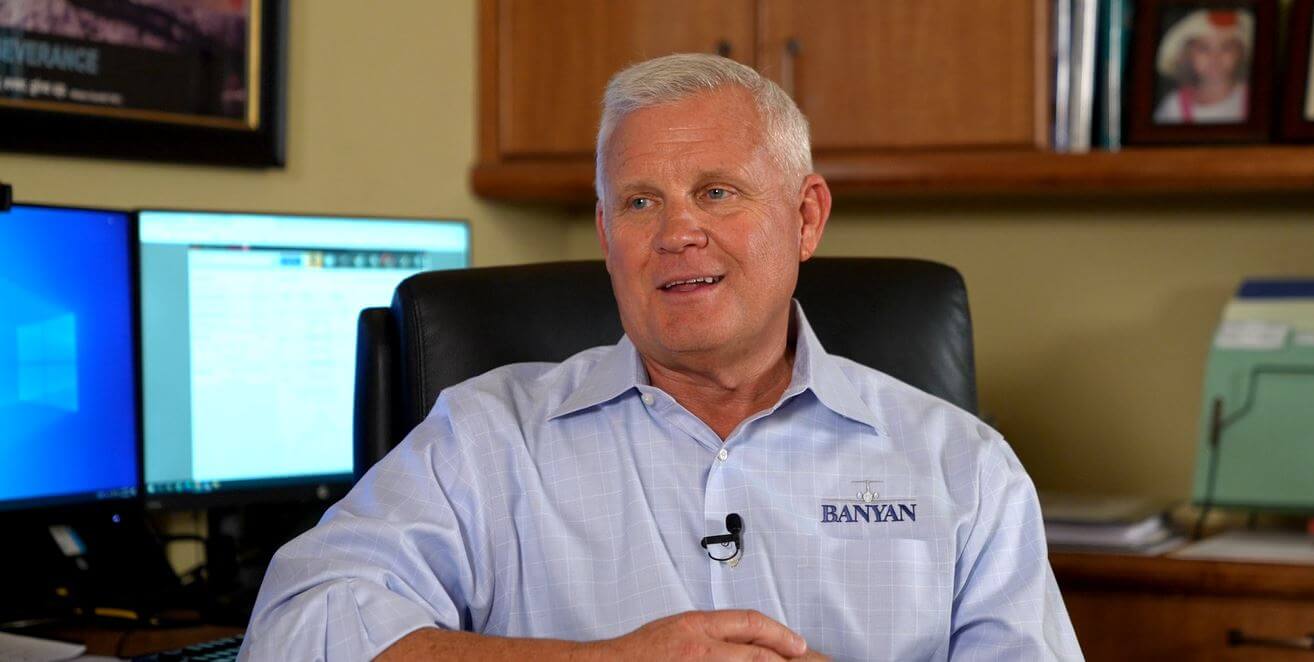
In this video, you learn the various aspects leading up to the closing of an aircraft purchase. Michael and "Rain" compare it to buying a car and mention the legalities involved, such as transferring titles, dealing with finance, and obtaining insurance. Michael explains that the FAA (Federal Aviation Administration) plays a role in the process as well. To register a US aircraft, it must be owned by a US citizen or US corporation, and if the ownership is through an LLC, the FAA requires information about the citizenship of its members and managers. Michael emphasizes the importance of working with an FAA authorized escrow agent who conducts a title search, ensuring there are no issues or liens on the aircraft before closing. The escrow agent also handles the filing of documents and holds the funds for the transaction.
Additionally, Michael mentions that the maintenance and inspection processes, as well as the title search, run in parallel during the timeline of the purchase. They emphasize the need to address any obstacles early on to avoid complications later in the transaction. They highlight the role of the FAA escrow agent in not only holding the funds but also facilitating the sale, including completing the bill of sale and recording the application for the new buyer. The video emphasizes the importance of being aware of the potential challenges and pitfalls throughout the process and working with professionals who can guide and assist in navigating the complexities of aircraft purchase transactions.
Lesson #5 - "The Search"
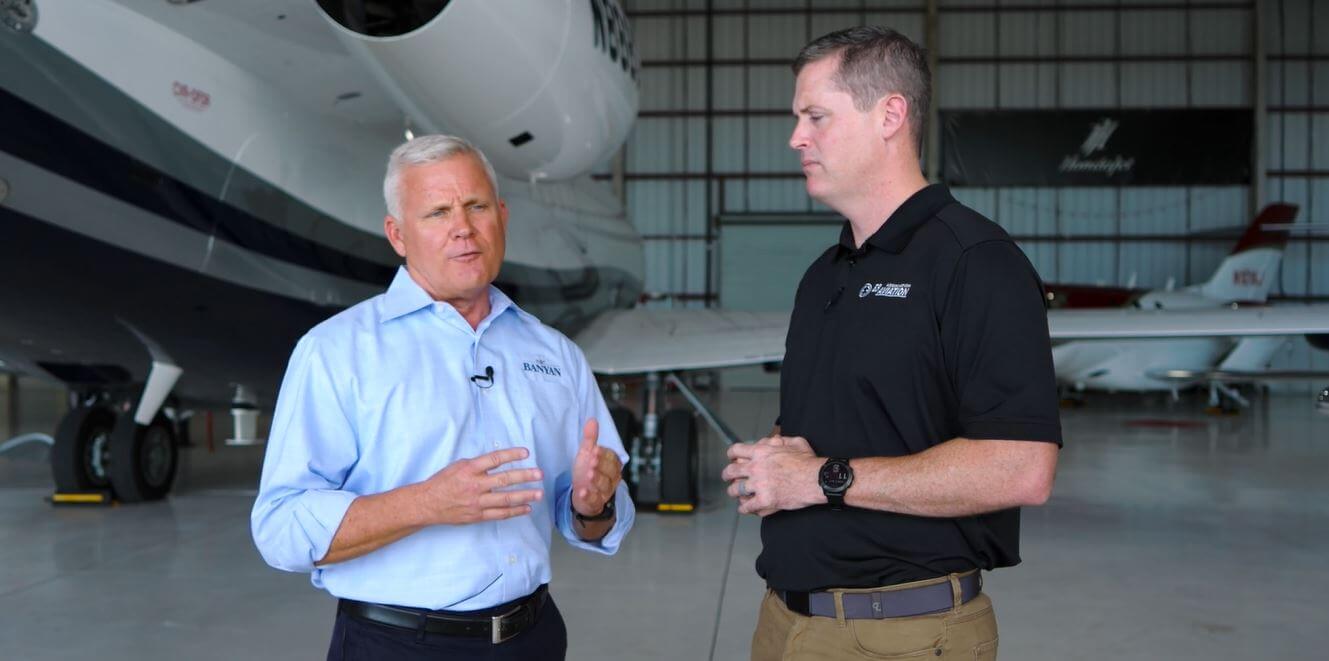
In lesson 5, Michael and "Rain" discuss the process of finding an aircraft to purchase. They highlight the various resources available depending on the type of aircraft being sought. For single-engine piston aircraft, platforms like Trade-A-Plane and online sources are recommended, while dealer-based multiple listing databases are more suitable for sophisticated turbojet aircraft. Michael emphasizes that whether using a broker or handling the transaction independently, the process remains the same, with the ultimate goal being a successful purchase transaction. Once the desired aircraft model and budget are determined, the next step is to find the airplane. Brokers or online sources can present a selection of options that align with the buyer's needs, considering factors such as total time, condition, and price. Budget constraints play a significant role in narrowing down the search field, along with other considerations like the intended flying region and specific requirements such as flying over water.
This lesson underscores the importance of determining the budget as it often drives the aircraft choice. Factors such as flying over water or specific geographical locations may also influence the decision-making process. Michael provides insights into the factors that can help narrow down the search, highlighting the importance of budgetary constraints and considering specific needs and geographic considerations. By understanding the budget and requirements, potential buyers can streamline their search and focus on options that best align with their preferences and constraints.
Lesson #6 - "Pre-buy / Inspection"
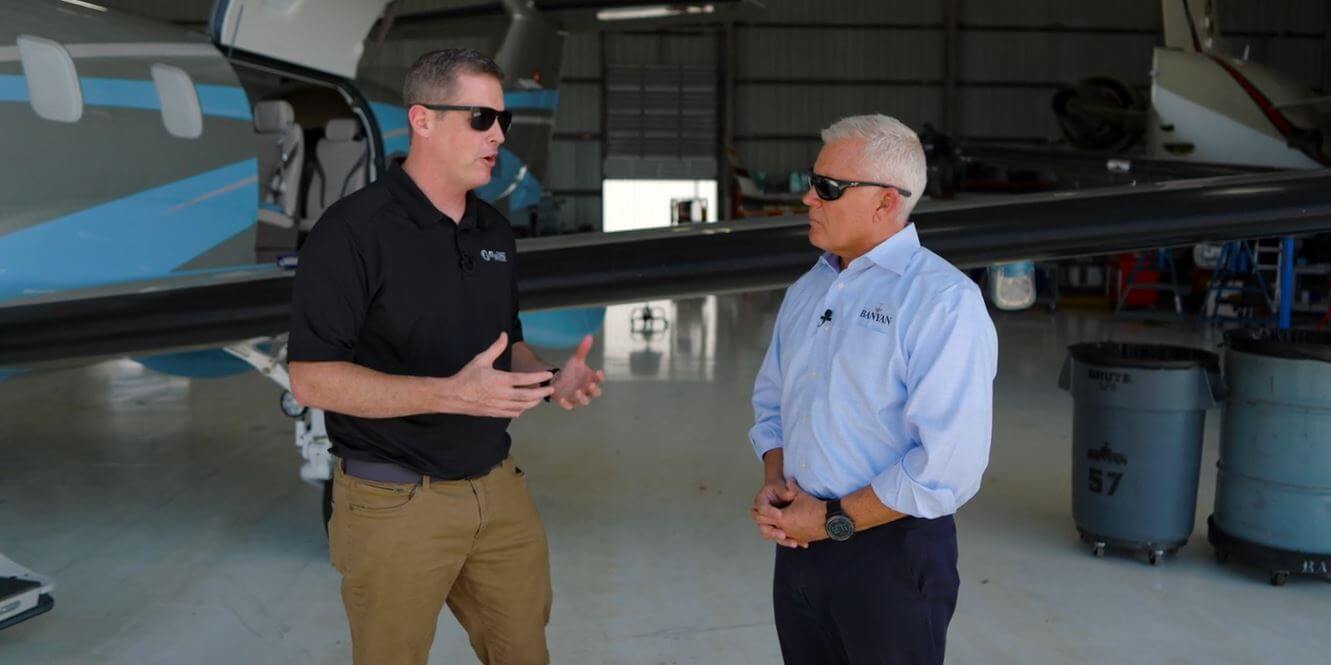
In lesson 6, "Rain" and Mike discuss the importance of the pre-buy inspection when purchasing an aircraft. They agree that the pre-buy is the most critical component of the process as it ensures that the aircraft's condition and value align with the representations made by the seller. Michael highlights the role of the broker in identifying reputable maintenance facilities and obtaining cost estimates for the inspection. The broker also negotiates the terms of the purchase agreement, including who will pay for the inspection and any necessary repairs. They emphasize the value of having a broker in navigating this process, but also provide a pro tip for those who don't have a broker: finding a reputable repair shop close to the aircraft's home base but not the owner's existing maintenance shop to ensure an objective opinion.
The conversation also touches on the responsibilities and costs associated with the inspection. The buyer typically pays for the inspection itself, while any unairworthy discrepancies discovered during the inspection often fall under the seller's expense. The purchase and sale agreement outlines the specific details, including who will cover the cost of repositioning the aircraft and who will be responsible for the crew when flying the aircraft for inspection. Negotiations may take place regarding these matters, and it's important to clarify the financial responsibilities and logistics in the agreement.
Lesson #7 - "Tech Acceptance / Insurance"
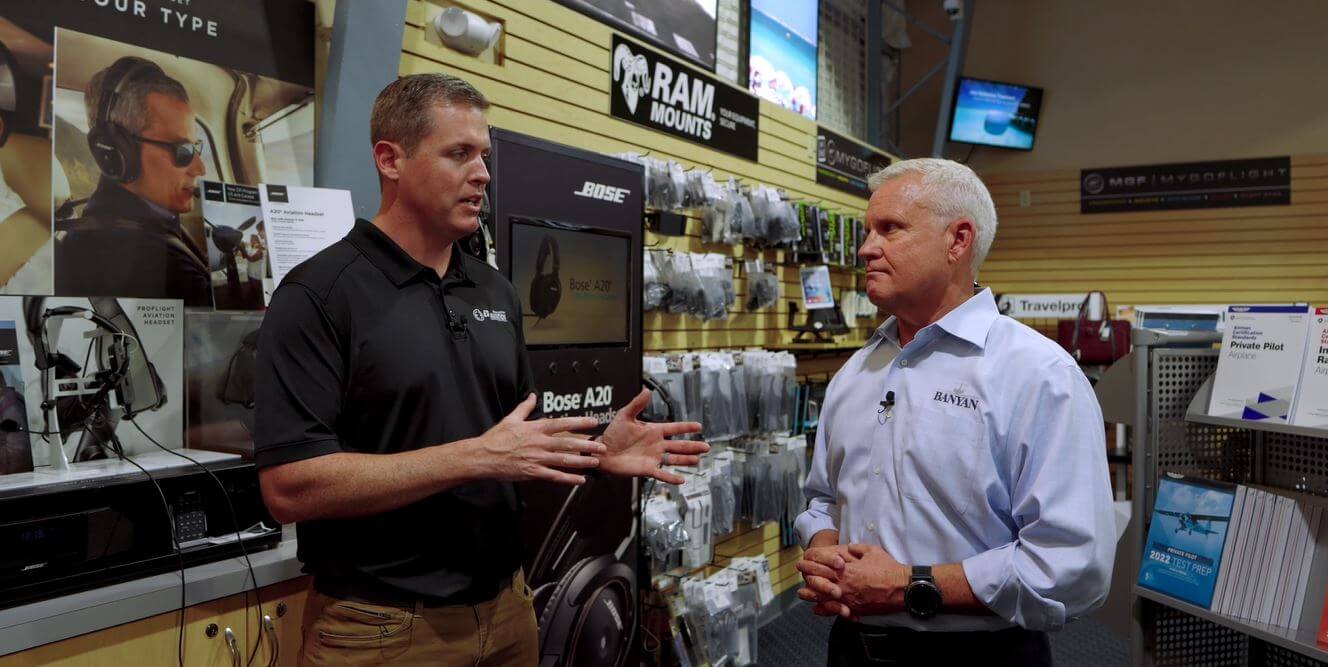
Lesson #7 has Michael discussing the next steps after completing the pre-purchase inspection and obtaining the list of associated maintenance costs. He emphasizes the importance of reviewing the list to ensure there are no deal-breakers or major concerns that could impact the decision to move forward with the purchase. Assuming the aircraft meets expectations and has normal discrepancies, Michel also discusses signing the technical acceptance, which converts the refundable deposit into a non-refundable one. This commitment gives the seller assurance of the buyer's dedication to the aircraft, and closing the deal becomes imminent.
Michael advises engaging with various parties involved in the process. This includes conversations with the insurance provider to plan coverage, obtaining multiple insurance quotes, and finalizing the policy to bind. If a lender is involved, it is important to ensure all paperwork is in order to prevent any last-minute issues. Additionally, if the buyer intends to fly the aircraft themselves, they should reach out to a training provider to fulfill insurance requirements. If hiring a professional pilot, discussions should take place regarding their employment terms. Michael explains the need for attention to detail and the importance of a comprehensive purchase and sale agreement, suggesting that specialized aviation attorneys can assist in drafting such agreements.
Lesson #8 - "Banyan Aviation"
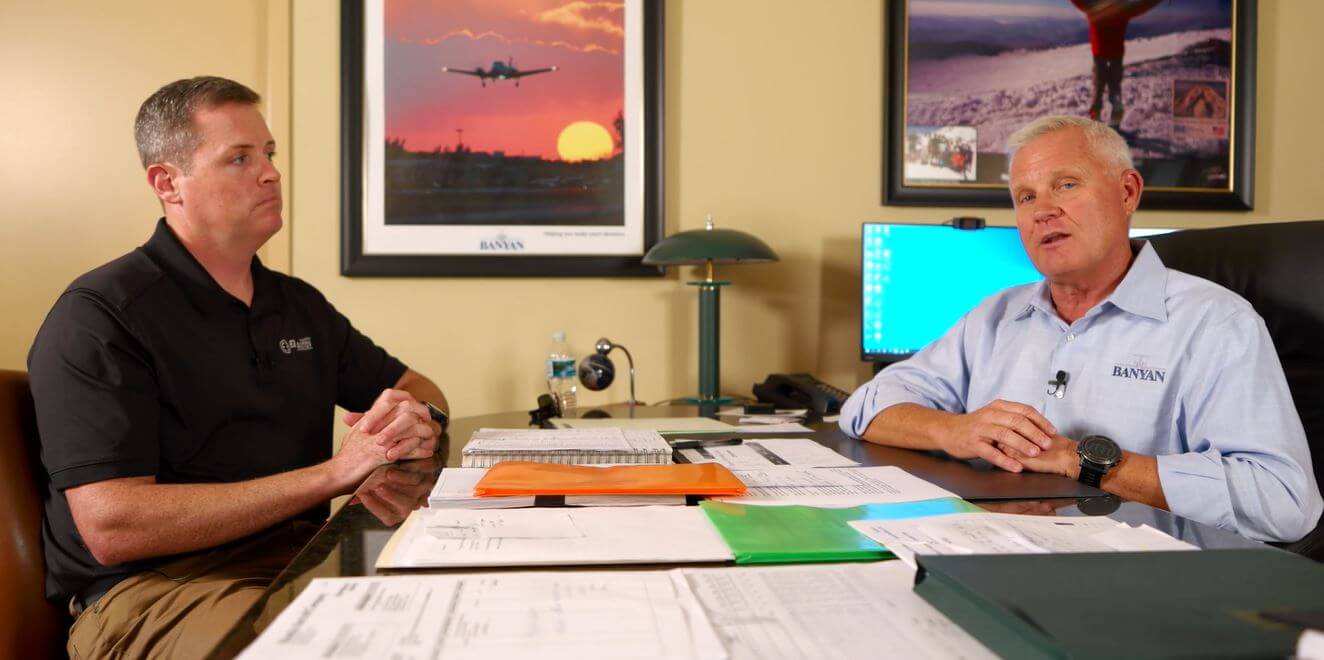
In this final lesson, Michael is being interviewed about their expertise in the field of aircraft brokerage. Michael talks about Banyan Air which has been in operation for 44 years and is located at the Fort Lauderdale Executive Airport. Banyan specializes in turbine-powered aircraft and offers various services such as heavy maintenance, avionics installation, and aircraft sales. They highlight their status as a world-class FBO (Fixed-Base Operator) consistently recognized as one of the top five or top 10% in the country. With over a million square feet of hangar space and being one of the top 10 Garmin dealers globally, they believe their extensive experience and diverse capabilities provide significant value to both aircraft buyers and sellers. Overall, the interview highlights Banyan's reputation, experience, and comprehensive range of services in the aircraft brokerage industry, positioning them as a trusted and capable partner for individuals seeking assistance in buying or selling aircraft.
Pro Tip - "Closing Location & Taxes"
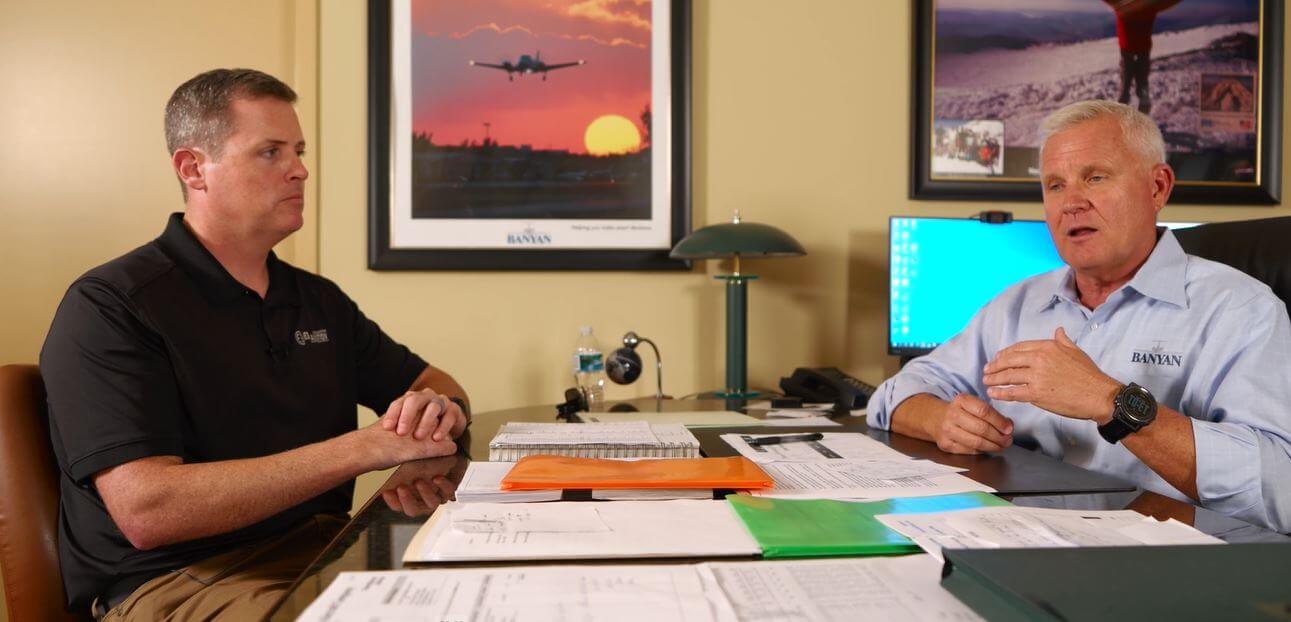
In this BONUS PRO TIP video, Michael discusses the importance of understanding tax implications and benefits when buying an aircraft. He mentions that many people overlook the tax advantages associated with aircraft ownership, such as accelerated depreciation options. In the past, there was an option to depreciate the aircraft 100% in the first year of ownership, but he notes that the depreciation schedule is changing at the end of the current calendar year. Michael explains the significance of consulting with professionals who specialize in legal and accounting matters related to aircraft ownership. He also suggests investing in an expert firm that has specific expertise in aviation taxation to ensure that individuals maximize tax benefits and avoid potential pitfalls. The video underscores the need for individuals purchasing an aircraft to be aware of the tax implications and seek guidance from professionals with specialized knowledge in aviation taxation. By understanding and leveraging the available tax benefits, buyers can potentially offset some of the costs associated with aircraft ownership.
Pro Tip - "After The Close"

In this BONUS PRO TIP video, Michael provides additional tips and recommendations for individuals who have closed on their aircraft purchase. He highlights two important aspects often overlooked by buyers. Firstly, he emphasizes the significance of updating the navigation databases before flying the aircraft. Many new owners arrive to fly their aircraft only to realize that the databases are expired because they haven't established a new account yet. He also advises including a provision in the purchase agreement to address all airworthy items, including databases, right up through the day of closing to ensure compliance and avoid any legal issues.
And finally, Michael mentions the importance of ensuring that the log books are in the aircraft after the closing. During the pre-buy inspection, maintenance personnel often take the log books for their due diligence, but sometimes they are forgotten in the inspection office. To prevent any issues, he suggests verifying that the log books are returned to the aircraft before departing. It's acknowledged that this is not a negative reflection on the maintenance shop but rather a reminder to ensure that all essential documents are properly accounted for before taking possession of the aircraft.
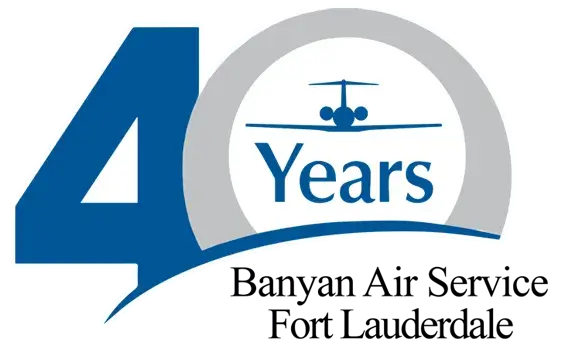
E3 Aviation Proudly Supports Banyan Air
For over 20 years, the owners and founders of E3 Association have worked with and been based at Banyan Air. Through 10 aircraft Banyan and their team have been a world-class company to work with.

© COPYRIGHT 2025 E3 AVIATION ASSOCIATION - ALL RIGHTS RESERVED



